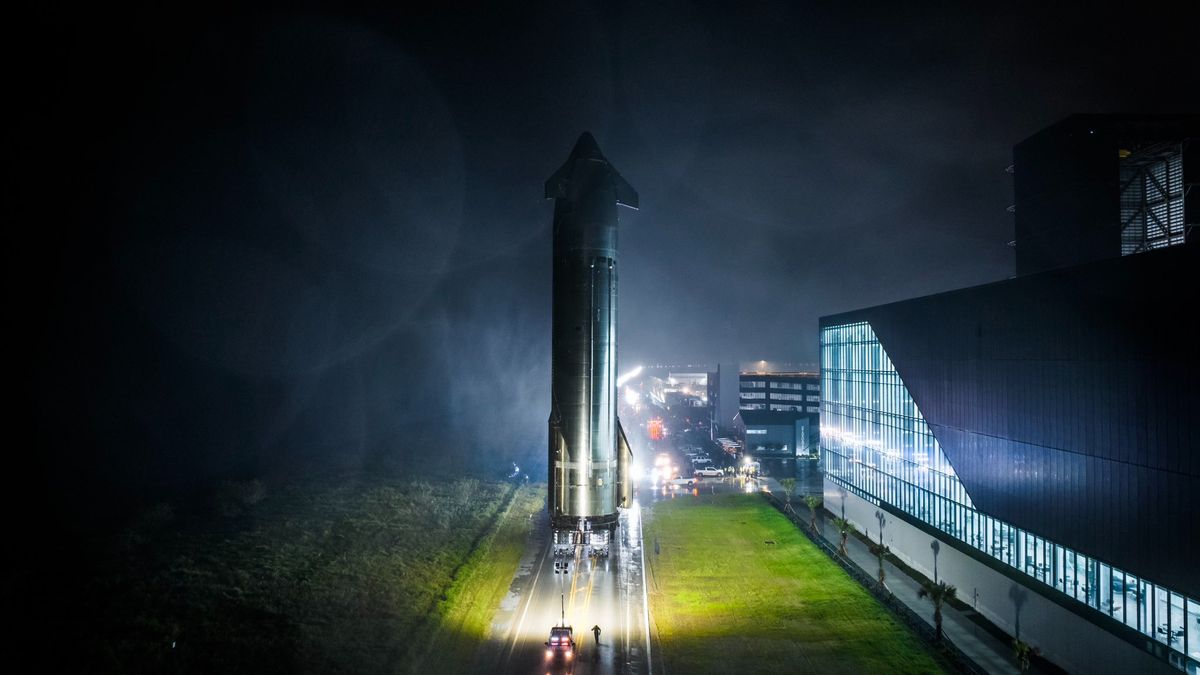Researchers and analysts warned that the United States might inflame the conflict in the region through its use of military force against the Houthis, and said that it should have stopped the Israeli war in Gaza strip To end the stress In the Red Sea.
The United States, along with Britain, launched air strikes on targets of the Ansar Allah group The Houthis In Yemen. According to statements made by an American official to Al Jazeera, the strikes targeted radar sites, drone and missile platforms, and coastal monitoring sites.
The senior researcher at Al Jazeera Center for Studies, Dr. Liqaa Makki, said that the United States of America went for a security solution with the Houthis, because it was unwilling to stop the main reason that led to the outbreak of tension in the Red Sea, which is the Israeli war on the Gaza Strip.
In this context, the director of the Jerusalem Center for Political Studies, Oraib Rantawi, believed that whoever wants to preserve the security of navigation in the Red Sea must stop the massacre in the Gaza Strip, and he said, “The United States chose Israeli-style orgy in the Red Sea and resorted to mobilization, militarization, and building alliances instead.” Go to the core of the problem.”
He added that the United States, with its military parades in the Red Sea, is prolonging the conflict in Gaza and giving the Israeli Prime Minister Benjamin Netanyahu And his government has more time to implement their criminal goals against the Palestinian people in Gaza.
From Rantawi’s point of view, Al-Houthi presented a very easy equation: Stop the massacre in Gaza, bring in aid, and open the crossings to bring in food and medicine. Everything will end and things will return to normal.
For his part, Dr. Hassan Ayoub, Professor of International Politics and Comparative Politics at An-Najah National University, pointed out – in his speech during the daily analytical segment on Al Jazeera Channel, “Gaza…what’s next?” – that the military strike directed at the Houthis “is one of the signs of the failure of American diplomacy.” “, given that Washington, from October 7 until now, has announced that it seeks to prevent the expansion of the war in the region.
He stressed that the United States and Britain did not have any cards to play at the diplomatic and political levels, and therefore they chose military force to deal with the Houthi attacks, which he said had caused an imbalance in global trade, 20% of which passes through Bab al-Mandab And the Red Sea.
Because American and Israeli policy aims primarily to deter the resistance and not allow it to achieve any victory, Washington is moving – adds the political science professor – to say publicly that it is an indispensable force and can resort to military force to protect its allies and major projects.
Ramifications
Regarding the expected repercussions after the American and British raids on the Houthis, Dr. Makki said that as long as the Houthis have the ability, they will continue their strikes, perhaps more strongly, by expanding the circle of targeting and threats.
He pointed out that they threatened to strike American and British interests, military ships, and perhaps commercial ships, and it will later extend to all ships passing through the Red Sea and may develop into specific operations in other regions and even within the Gulf states where American interests are located.
On the other hand, the senior researcher at the Al Jazeera Center for Studies says that if Al-Houthi does not understand the American message, the strikes against him will continue.
On the other hand, Makki spoke about Bahrain’s role in the American attack on the Houthis, stressing that its participation was worthless and unnecessary, and its presence was outside the text.
He attributed this to the fact that it does not have a military force in the Red Sea and does not have a coast there. He said that Bahrain, where there are American and British interests, may be a target for the Houthis, which may spark a security crisis in the Gulf region.
On December 18, the United States announced the formation of a joint naval force from several countries called the “Guardian of Prosperity,” and explained that the goal of this force is to deter Houthi attacks in the Red Sea.





